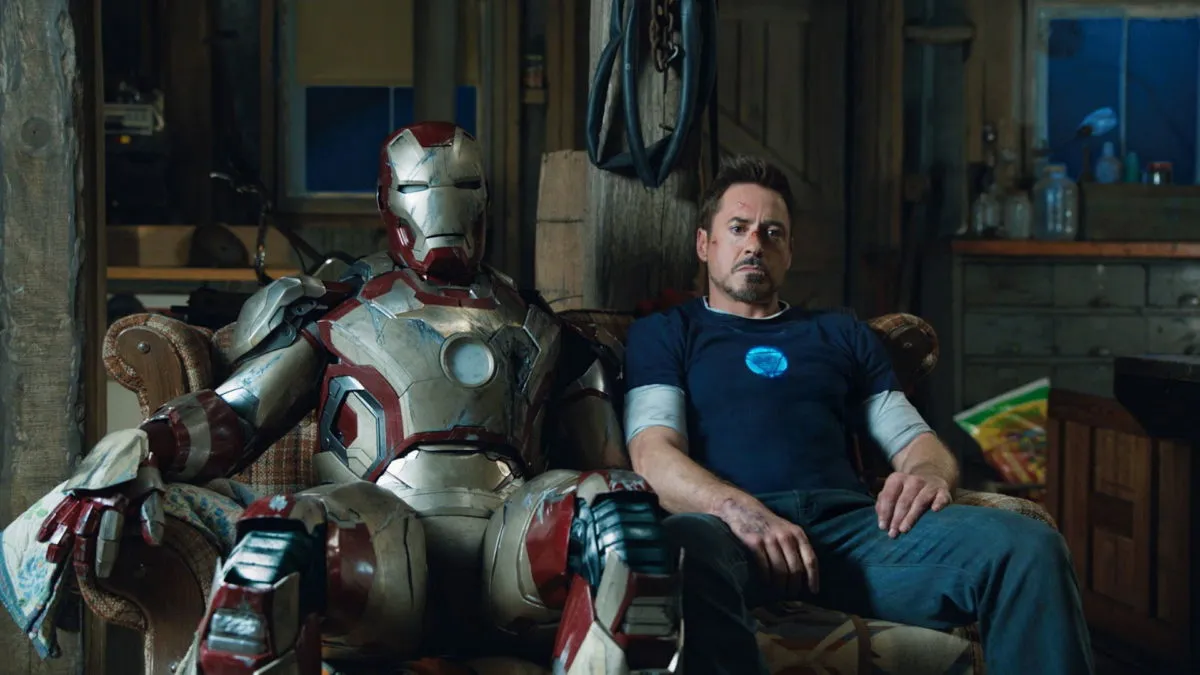In 2022, Bradley Cooper came under fire for donning a prosthetic nose to play Jewish composer Leonard Bernstein in his new biopic Maestro, which tells the story of Bernstein’s marriage to Felicia Montealegre (Carey Mulligan). Now, Cooper has addressed the controversy—but his statement doesn’t shed much light on the issue.
The issue first arose in June 2022, when Netflix released production stills of Cooper as Bernstein. His prosthetic nose, created by makeup artist Kazu Hiro, is prominent in some of the photos.

Critics—including me—immediately pointed out two problems with the prosthetic. First, it doesn’t seem to bear much resemblance to Bernstein’s actual nose, begging the question of why Cooper thought it was necessary for his portrayal of the character. Secondly, it perpetuates harmful stereotypes about Jewish looks, which are often caricatured by comically large noses.
However, some Jews came to the defense of Cooper. Bernstein’s family wrote in an open letter that “Bradley chose to use makeup to amplify his resemblance, and we’re perfectly fine with that. We’re also certain that our dad would have been fine with it as well.” They also called criticism of the prosthetic “disingenuous attempts to bring a successful person down a notch — a practice we observed all too often perpetrated on our own father.”
The Anti-Defamation League also lent its support to the film, although that organization has also recently supported notorious antisemite Elon Musk, a choice which doesn’t lend it much credibility.
Now, in a recent interview with CBS Mornings, Cooper has addressed the prosthetic. “I thought, ‘Maybe we don’t need to do [the prosthetic nose],” he said. But it’s all about balance, and, you know, my lips are nothing like Lenny’s, and my chin. And so we had that, and it just didn’t look right.”
However, none of these statements address the underlying issues with the prosthetic.
Why do some Jews find Bradley Cooper’s Maestro nose so hurtful?
As I wrote in 2022, when the first photo came out, there are several problems with the prosthetic nose. There’s its resemblance to harmful antisemitic caricatures, which portray Jews with large, often hooked noses. It’s possible to unintentionally play into stereotypes, and putting a fake nose on a non-Jewish actor seems pretty cut and dry.
There’s also the ongoing issue of what some Jews call “Jewface,” or the practice of having non-Jewish actors play Jewish roles. Jewishness isn’t just a religious affiliation. It’s a group of interconnected ethnicities, some of which include common physical features. If a non-Jewish actor is playing a Jewish character, and they supposedly need prosthetics to look the part, then why not just hire a Jewish actor in the first place?
In the end, the issue of antisemitic caricatures doesn’t come down to just one film. I’m not telling you to boycott Maestro. But as long as these issues keep bubbling up, everyone involved—filmmakers, actors, and audiences—needs to at least listen, and take criticism seriously.
(featured image: Netflix)










Published: Nov 21, 2023 05:45 pm